On Directing: Then and Now
What's it like to direct after a hiatus?
The director Terence Malick famously made two classic movies early on in his career, Badlands (1973) and Days of Heaven (1978), and didn’t make his third film The Thin Red Line (1998) until twenty years later. Stanley Kubrick made Eyes Wide Shut (1999) thirteen years after his previous film. Sergio Leone also made Once Upon a Time in America (1984) thirteen years after his previous film. How were these directors different when they came back to it? I’m thinking about this because I am currently directing a film for the first time in thirteen years. And it feels both the same… and quite different than I remember.
I started directing in college (Temple University in Philadelphia).
My older brother Oren used to help me with my productions, writing some of the scripts and even acting in the films. I think we had this fantasy of being a brother-sister filmmaking team. We didn’t pursue it because he became a journalist instead. Also, filmmaking as a career seemed very far-fetched back then, at least to us.
After college, I didn’t make a film for two years. My mother had passed away in my senior year (three weeks after my 22nd birthday). I mourned her with all kinds of reckless behavior at night while working as a secretary at an insurance company during the day. Not surprisingly, I got bored with both. And I missed making films.
But I had no idea how to parlay that longing into action. I didn’t feel like I knew enough. Also, I wanted out of Philadelphia, which only reminded me of my mother. So, I applied to graduate school… and was accepted by only one. The University of Southern California in Los Angeles, the best film school in the country.
At USC, I directed a bunch of small films for classes, and I absorbed as much as possible from the esteemed professors. But it wasn’t until my thesis film Kings that I directed my first major production. The directors Robert Zemeckis and John Singleton were my mentors on the project, so that elevated the whole production. My lead actors had worked with Paul Thomas Anderson and Michael Mann, respectively. My composer was a colleague of Zemeckis’. And I was shooting on 35mm for the first time. It all felt very legitimate and real.
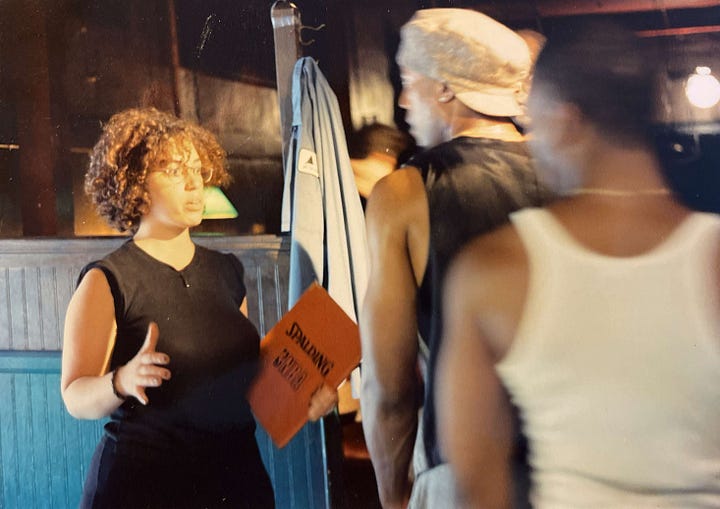

On that film, I discovered how much I truly love directing. It came naturally to me, like it was my natural state of being. I loved the research. I loved location scouting. I loved solving problems with the producers, trying to figure out how to accomplish our goals with little to no money. I even liked the pressure of trying to “make the day” during production, which put me into a super focused zone. I loved collaborating with all the department heads – camera, production design, costumes, hair and makeup, the editor, and the composer. I absolutely loved working with the actors, discovering the nuances of the characters, tweaking the dialogue for them, and watching the characters that had thereto only lived in my brain come to physical life. It was nothing short of magical. Actors have my utmost respect.
I’ll be writing about the relationship between the director and all the departments in the future, but suffice it to say that everyone brings something to the making of the film. The director may lead the charge, but it is truly a team effort.
Of course, there were aspects of directing I didn’t like as much. There never seemed to be enough time or money. I wasn’t totally comfortable being the focus of everyone’s questions on set, and wasn’t great at dealing with behind-the-scenes politics. I also wasn’t always confident in my decisions, for example that I had covered a scene enough, that it was okay to move on, or that I knew what I was doing at all and wasn’t just faking it. I also didn’t like the stress caused by things not going right. It was very challenging for me to not betray my emotions, which is a no-no.
But the pros far outweighed the cons. By the time I finished KINGS, I was one hundred percent hooked on directing. I directed fairly consistently for about ten years, a few short films, music videos, a two-hour television movie, a feature documentary, and several theatre productions. On every project I learned something new and felt more in my element. I also still had this nagging feeling of being unsure of myself.
The last day I worked as a director before recently was April 9, 2010. I remember the date because my boyfriend at the time (later husband) Kaz called to say he had stayed home from work due to headaches. He’d been experiencing headaches off and on for a few weeks at that point, but this was the first time he was staying home from work. When I hung up the phone, I turned to the editor and musical artist I was working with and told them how worried I was. They reassured me that all would be well.
The following day Kaz got an emergency MRI which revealed a mass in his brain. We would soon discover the mass was a terminal brain tumor. Thirteen months later, on May 3, 2011, he died in my arms.
After that I lost my passion for filmmaking.
It was more than just a broken heart, or the shock of having my world yanked away, that left me unmotivated. It was having experienced real-life drama in such a visceral way that I couldn’t imagine mustering any interest in, let alone the necessary energy for, anything fake or “made up.” The idea of dealing with film people and the film business in general seemed ludicrous.
Instead, I focused on writing… first in my journal, then letters to Kaz, then prose, articles, blog posts, and eventually screenplays. I started thinking about directing again when I finished a screenplay and couldn’t imagine handing it over to anyone else. But it had been so long. How would directing feel after so many years? How would I feel? Was it something I really wanted to do? I put the question out there in the universe.
Then, last October, when I was in Israel, a friend contacted me a few days after the October 7 attack asking if I’d be interested in directing a short film that she was producing. The original director had dropped out, and the shoot was scheduled for about ten days after I was supposed to return to the U.S. I said yes with no hesitation and tried not to burst into tears. Yes, yes, yes, YES. I dove into the project as if grabbing a lifeline.
I was still in Tel Aviv when we had our first production meeting via Zoom. I warned everyone that we might be interrupted by air raid sirens (we weren’t, thankfully) and couldn’t hold back my emotions. I was simply overcome with gratitude… for the opportunity to do what I love again, to talk about something creative and think about something positive instead of the new war that had just erupted.
Over the subsequent days of pre-production and then production, I felt areas of my brain coming alive again. The night before the first day of filming back in NYC I could hardly sleep. I got up ahead of the alarm, dropped to my knees, and said a prayer in the early morning stillness. A couple of hours later I walked onto a film set for the first time in almost thirteen years.
It felt like coming home.
The process of directing came back to me as if no time had passed at all. But what surprised me the most was how different I felt. Gone was the struggle to be decisive, to ask for what I want, to speak up when I was displeased or wanted something different. I felt self-assured and confident. I knew what I wanted and had no qualms asking for it. I trusted myself and didn’t second guess my decisions. When things got tense, I was still happy and filled with gratitude. Were there things I could have handled better? Absolutely. Every project teaches me something new. But overall, I knew what I was doing and didn’t feel that old nagging insecurity that I used to.


How interesting to come back to what I love so many years later and notice these changes. Obviously, I’m a different person than before. It’s not just that I’m older - though this is part of it. I’ve also lived and lost - since 2010 my husband, my father, and my brother. And I’ve grieved.
The process of grieving is similar to healing a wound. Eventually that scarred part of your soul grows tougher, stronger. During grief you go into the depths of yourself and put yourself back together. You come out of that process knowing yourself better and fortified on a deep level.
The key takeaway: this current directing experience has shown me unequivocally that directing is my passion and what I’m meant to be doing. Life may have knocked the wind out of me and taken me off course for a period, but not in vain. It prepared me. Not only by making me emotionally stronger, but also by sharpening my instincts. Now, I am truly ready. And I want to do it again and again… until I can do it no longer.


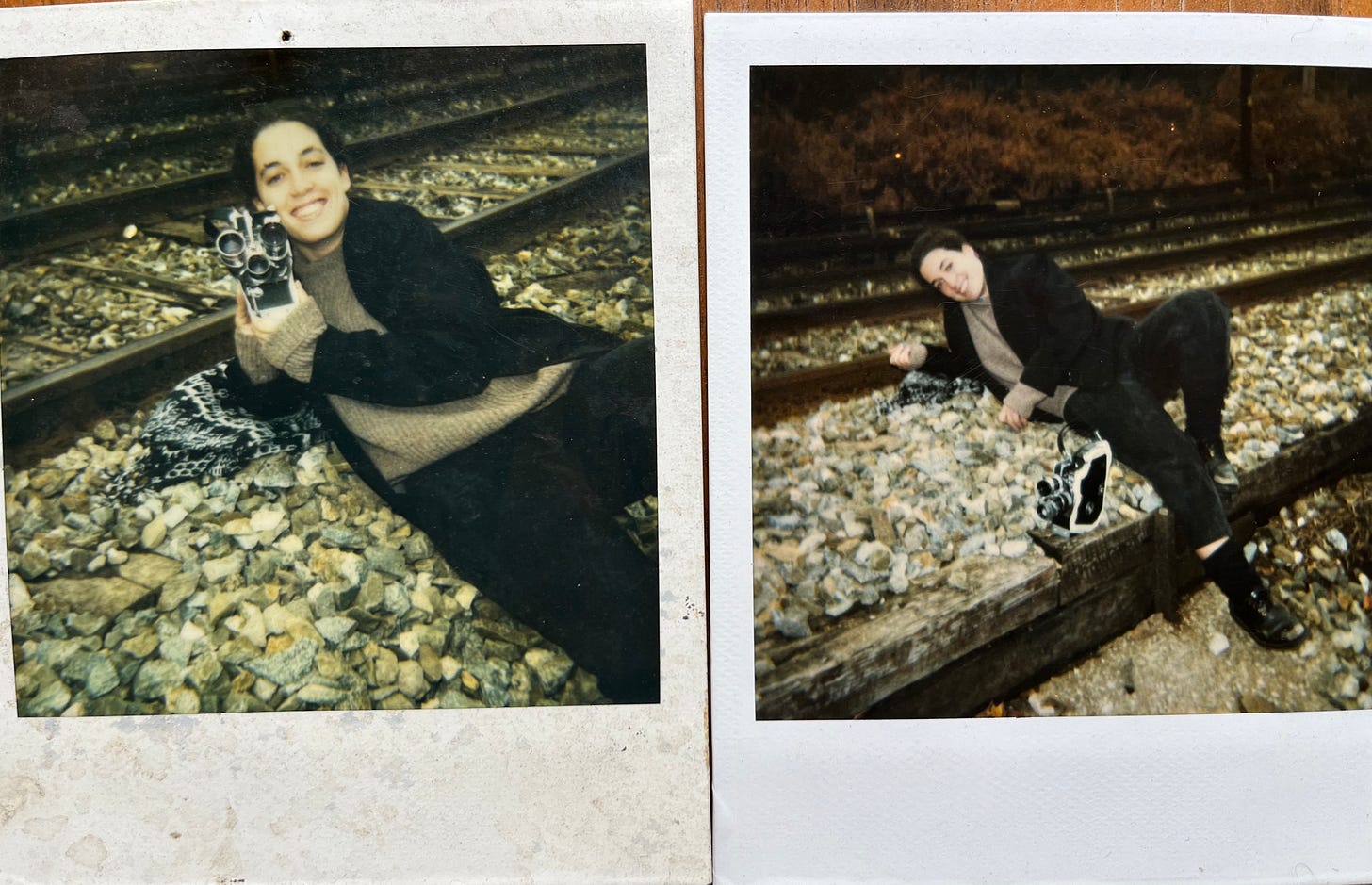
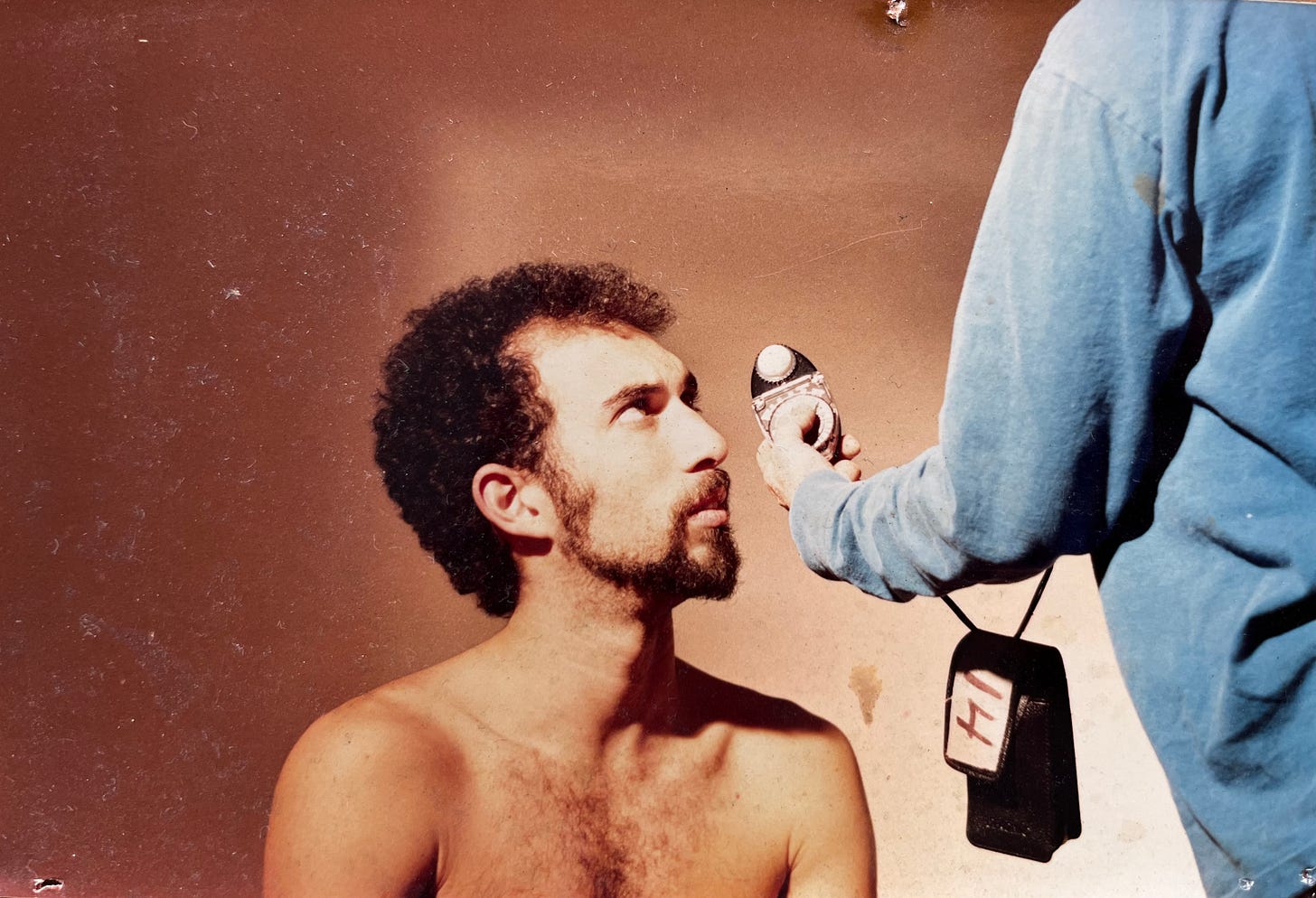
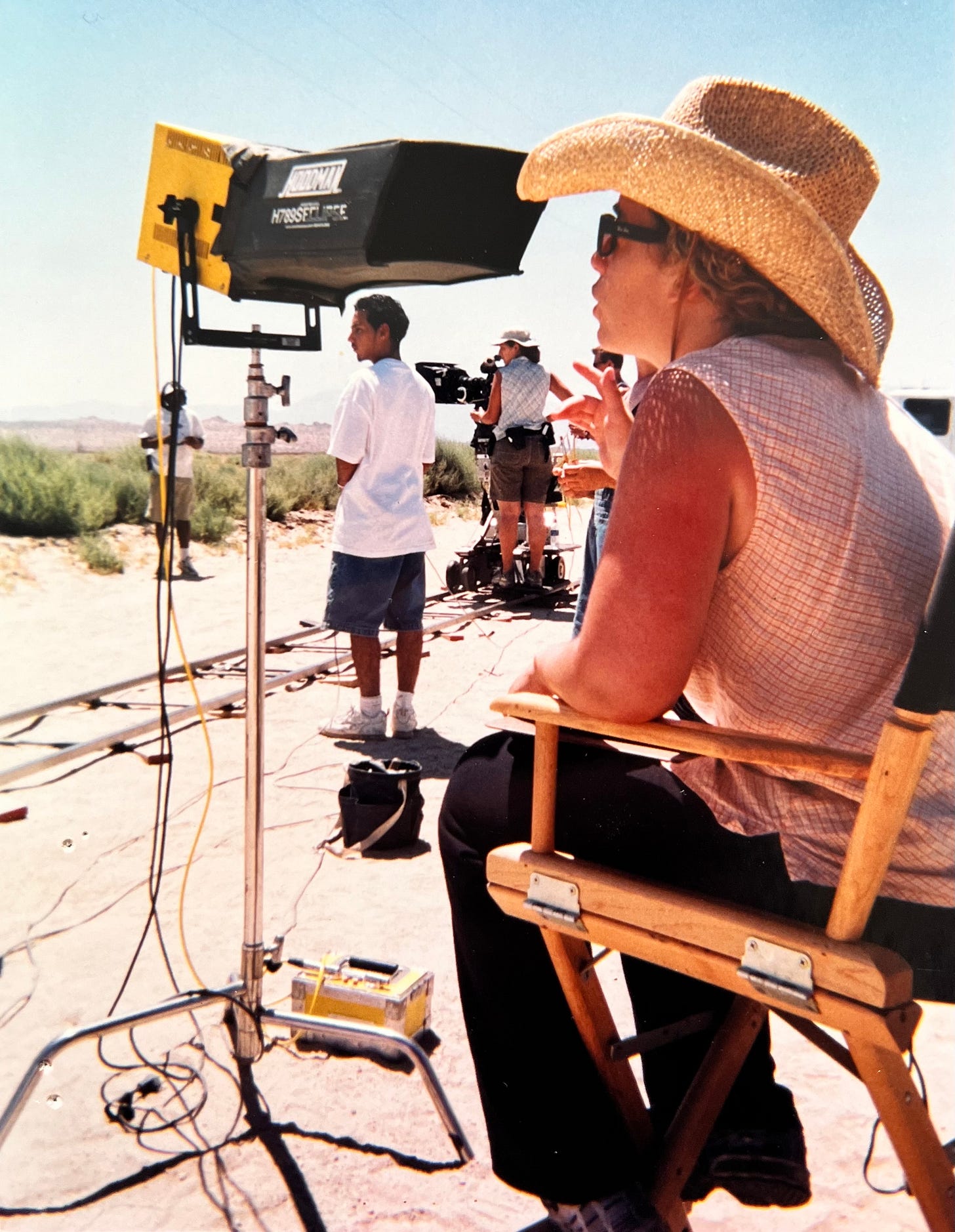
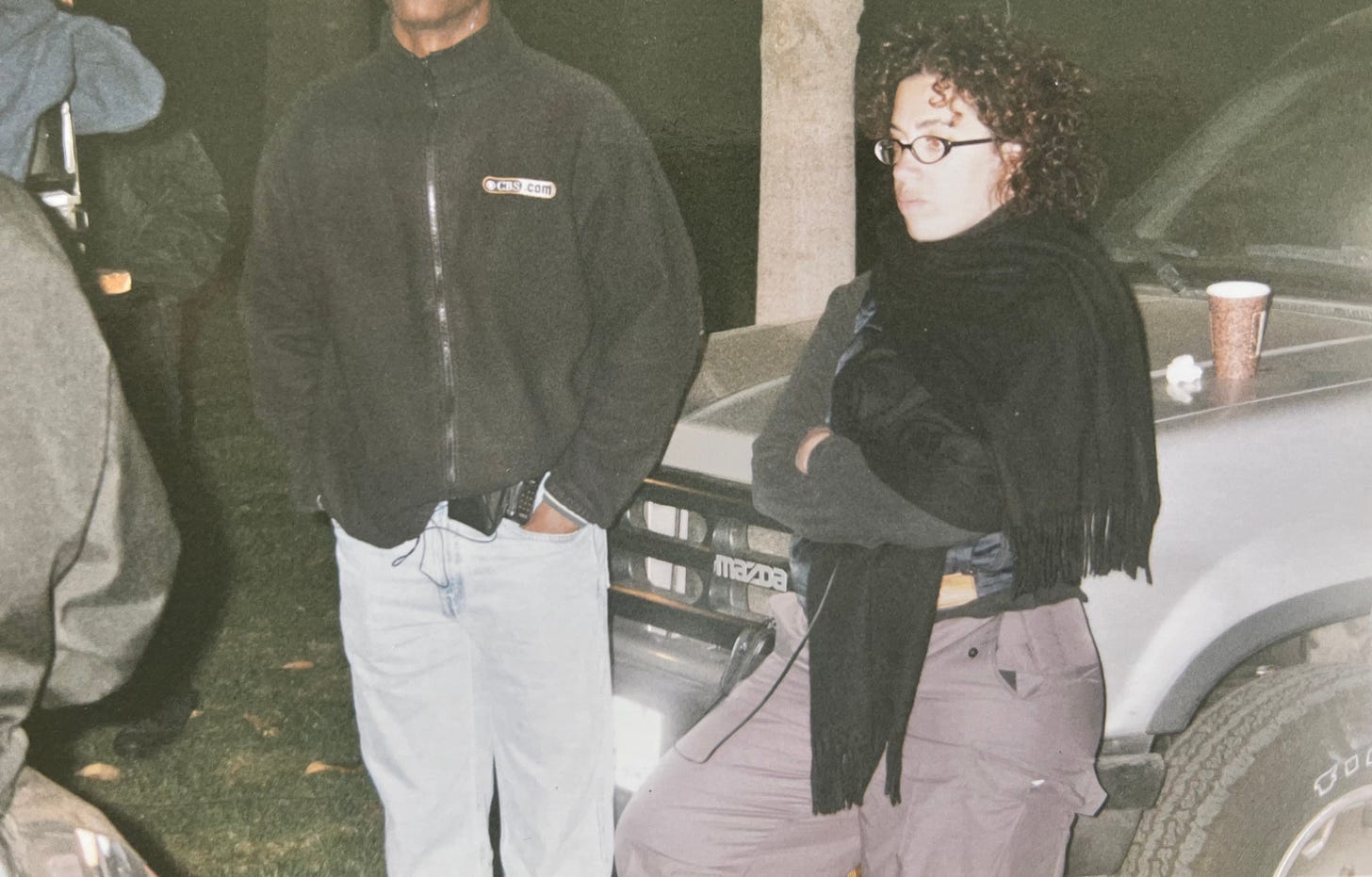


This description you have of areas of your brain coming alive again, I really felt that. I'm putting a lot of energy into promoting my poetry and submitting rather than writing, and this gives me hope that when energies have been spent they can be restored and start up again, perhaps even unexpectedly. Happy for you and your return to the director's chair!